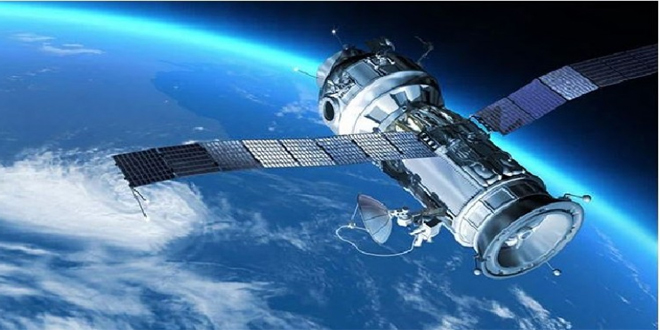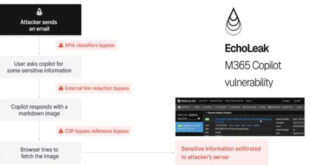India’s space ambitions have grown with the announcement from the Indian Space Research Organisation (ISRO) that they plan to launch 50 satellites in the next five years.
These satellites will be important for improving the country’s geo-intelligence capabilities. The satellites will form a network at different levels, allowing for monitoring of troop movements and capturing detailed images over large areas. The ISRO Chairman, S Somanath, recently made this statement.
At ‘Techfest,’ an annual event organized by the Indian Institute of Technology Bombay, Somanath emphasized the importance of expanding India’s existing satellite fleet. He stated that India needs to significantly increase its satellite capacity, which is currently insufficient, in order to achieve a stronger global position. Somanath also highlighted the need to enhance defense intelligence gathering satellites, which he referred to as ‘spy-sats,’ and suggested increasing India’s satellite capacity by ten times its current volume.
Somanath emphasized the need to improve satellite capabilities in detecting changes and suggested a stronger integration of artificial intelligence (AI) and data-driven methods to make data analysis more efficient. The chairman highlighted the ability of spacecraft to observe borders and neighboring territories, calling it a great potential for the nation.
“The power of any nation lies in its ability to comprehend its surroundings. While we have been launching satellites, a shift in perspective is crucial. We must critically reassess our approach,” said Somanath.
Many satellites are being designed and planned, and 50 of them will be launched in the next five years. These satellites will greatly strengthen India’s geo-intelligence capabilities.
Somanath stressed the need to launch satellites in different orbits, from GEO to LEO. He emphasized the importance of assessing these situations critically. He also highlighted advancements in optical technology, SAR, thermal imaging, and other technologies.
The head of ISRO discussed plans for better satellite communication to promote effective collaboration. This system would enable a satellite in a higher orbit to request another satellite in a lower orbit to analyze anomalies in more detail, providing thorough information.
Somanath aims to cover large territories, including borders, with daily imaging to show India’s growing capability. He emphasized the need for India to increase its satellite fleet significantly to match the country’s ambitions.
“Our satellite fleet must expand tenfold from its current strength,” emphasized Somanath, stressing the urgency and significance of this ambitious satellite deployment program.
 InfoSecBulletin Cybersecurity for mankind
InfoSecBulletin Cybersecurity for mankind














